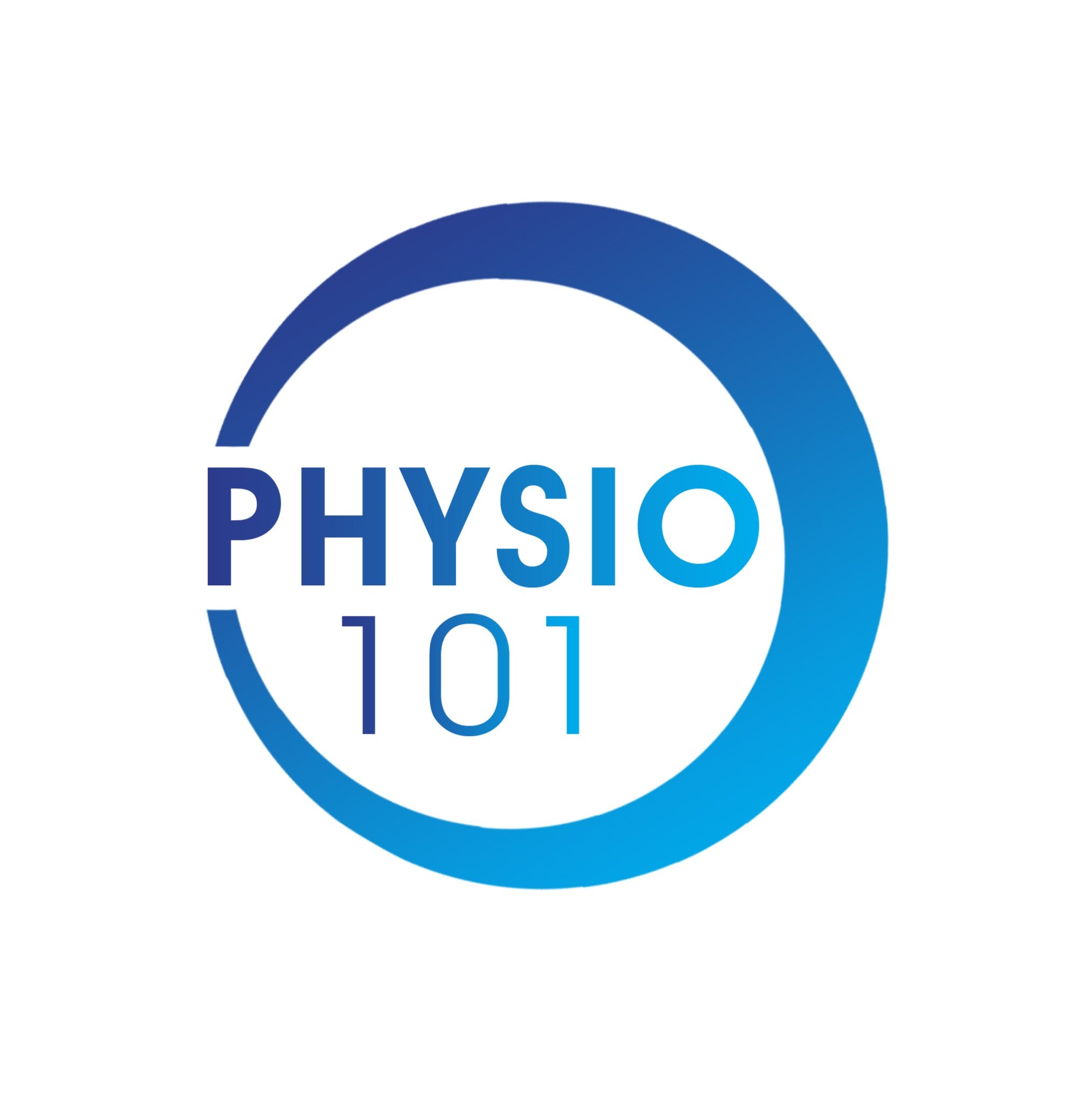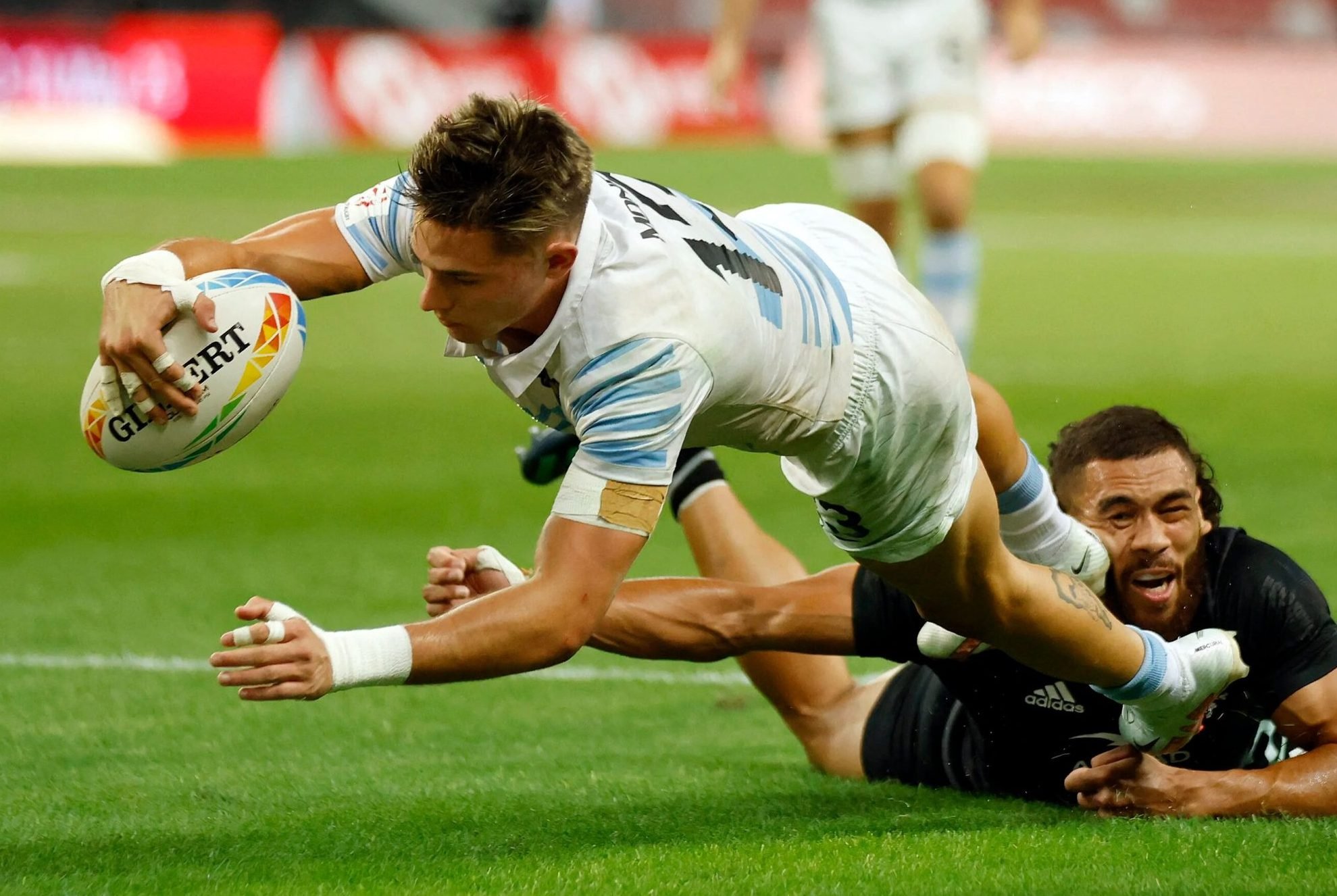Rugby Injuries
Due to the contact nature of Rugby, injuries tend to be prevalent.
These range from trauma-induced injuries (such as concussions) to non-trauma related injuries (such as muscle tears).
Concussions
Over the years, a greater importance has been placed on the management of concussion in professional sports. 22% of all rugby players have sustained at least one concussion during a rugby match and it is the most commonly reported injury in women’s rugby (26% of all match injuries). Therefore, it is important that we are able to identify, manage and treat in order to optimise recovery.
What is a concussion
A concussion can arise from the brain moving either rapidly back and forth or banging against the side of the skull. This can happen as a result of direct trauma to the head or indirectly to heavy forces being applied to elsewhere in the body. This sudden movement can stretch and damage brain tissue and trigger a chain of harmful changes within the brain that interfere with normal brain activities. The duration of a concussion can vary between a few days or weeks.
Signs and Symptoms
Headaches/Pressure
Impaired balance/Dizziness
Nausea/Vomiting
Confusion/Impaired memory
Blurred vision
Fogginess
“Not feeling right”
Initially, it’s vital for that the player is identified and assessed as soon as possible. This involves proper screening, correct advice on acute management, and precautionary measures post-concussion to safeguard players.
How can physiotherapy help with concussion rehabilitation?
OPTMISING CONCUSSION REHABILITATION: A Physiotherapist can assess and treat a variety of symptoms that can occur after a concussion, including headaches, dizziness, fatigue, and neck pain.
SAFELY RETURN TO PRE-INJURY LEVEL OF ACTIVITY: Physiotherapists can help to improve balance and coordination, as well as address any underlying musculoskeletal problems that may have contributed to the injury. In addition, your physiotherapist can provide education on how to manage symptoms and promote healing.
DEVELOP A TREATMENT PLAN: Your Physiotherapist will develop a treatment plan to help reduce your symptoms and improve your function. Exercises aimed at improving your balance, coordination and proprioception can help improve symptoms. Manual therapy can help to alleviate pain and stiffness in affected muscles and joints.
EDUCATION IS KEY! Your Physiotherapist will help educate you regarding acute and long-term management of symptoms, the importance of optimising recovery and eventually the return to sport.
Return to sport protocol
Your Physiotherapist can help guide you through the process of returning to sport. Each step of the Graduated Return to Play (GRTP) protocol needs to be achieved before moving on to the next step. You can only progress to the next level when symptom-free at your current level.
Complete mental and physical rest (including avoiding driving, no alcohol usage, minimising screen time and physical activity) during the first 24-48 hours
Daily activities that don’t trigger onset of symptoms
Light aerobic exercise (guided by symptoms)
Sport-specific aerobic exercise with no risk of head impact (e.g. running for a rugby player)
Non-contact sport-specific exercises
Full training without restrictions
Return to sport and competition
In the event of a recurrence of symptoms, you should alert your Physiotherapist instantly. It is not uncommon for players to regress in steps during their recovery process.
Other common injuries in rugby, can be found below:
Shoulder Injuries - Shoulder dislocations, subluxations, ACJ injuries, rotator cuff strains etc.
Knee Injuries - Ligament tears e.g. ACL, MCL Meniscus tears
Ankle Injuries - Lateral ankle sprains, ligament tears e.g. ATFL
Jersey Finger
Muscle Strains and Contusions
Fractures



